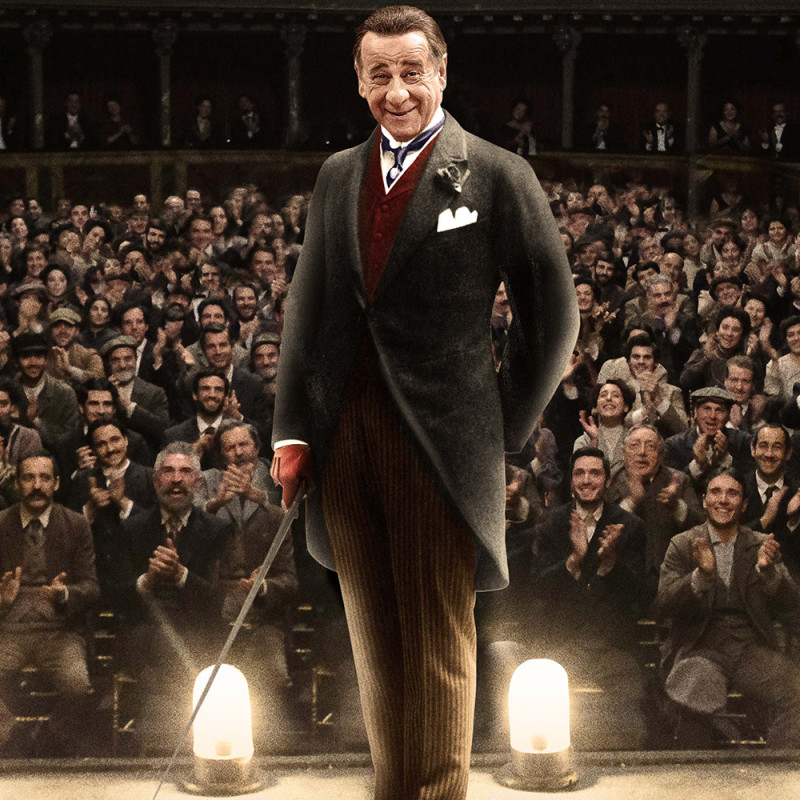The King of Laughter (Qui Rido Io)
(M)
133 minutes
(4 out of 5)Reviewed by: Alessia Belsito-Riera
At Wellington’s opening night of the Cinema Italiano Festival, I remember my boyfriend will have to read subtitles during tonight’s screening of The King of Laughter (Qui Rido Io). He then reminds me the movie is in Neapolitan, not Italian, so I too will have to read subtitles. You most likely will as well, but don’t let that stop you from catching the film on the 9th or 12th of November at the Embassy Theatre.
The King of Laughter (Qui Rido Io) is a biopic from director Mario Martone about Neapolitan comic theatre legend Eduardo Scarpetta, played by the acclaimed Toni Servillo. Written by Martone and Ippolita Di Majo, the story is a beautiful symphony, a celebration of the language and the city, its theatrical heritage and its people.
Renato Berta’s cinematography paired with Giancarlo Muselli and Carlo Rescigno’s production design is testament to Italy’s long legacy of crafting cinematic masterpieces I would gladly hang on the wall of a museum. Actor Eduardo Scarpetta, who plays Vincenzo in the film, is the great-great-grandson of the film’s protagonist, proof of the Scarpetta family’s lasting impression and endurance.
Set in late 19th and early 20th century Naples, the story follows the rise and fall of this pivotal figure of Italian theatre. And yet I had never heard of him until now. Neither had many of the guests I spoke to after the credits. Gabriele D’Annunzio (Paolo Pierobon), Scarpetta’s contemporary and inadvertent rival, is celebrated the world over. But Scarpetta, who single-handedly took on and, at the time, surpassed the iconic commedia dell’arte character Pulcinella? He is hardly mentioned in our history books. Is it because his artform, parody, is not truly considered art that is worthy of enduring the test of time?
The King of Laughter (Qui Rido Io) tackles this notion. What makes something art? Is it how serious the content is? Or is it its cultural influence or critique? Is it the genre? Or is comedy’s accessibility what makes it important? Either way, the film makes one thing clear: we mustn’t take ourselves too seriously.
View more reviews:
« Click here


